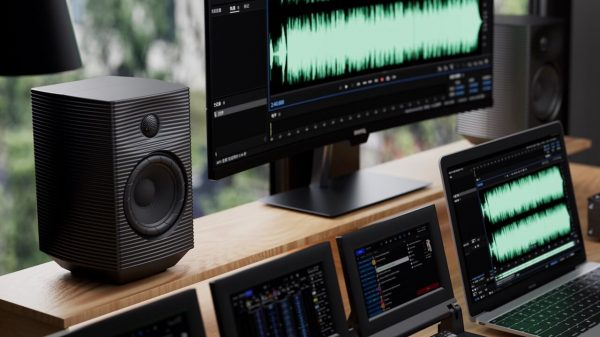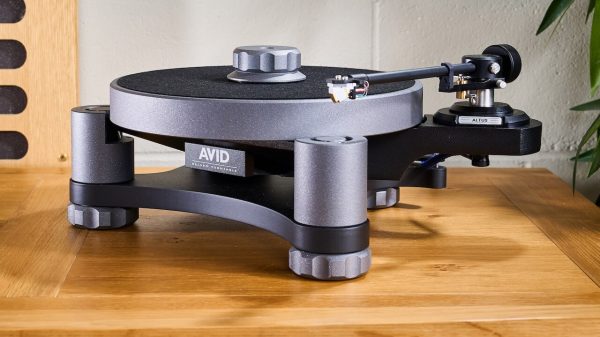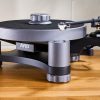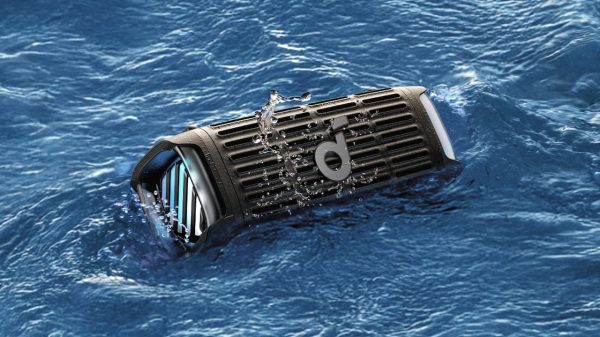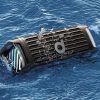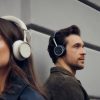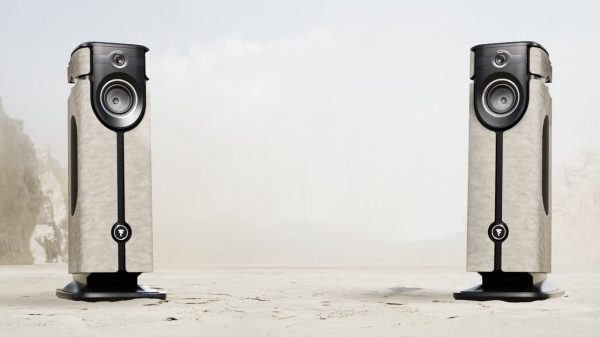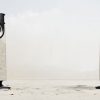Electronics and pharmaceuticals are among the growing list of products being counterfeited
Counterfeit goods are no longer limited just to purses, watches, or DVDs. Law enforcement officials and industry leaders are now struggling to deal with the dramatic rise of knock-off electronic and pharmaceutical products. These products are becoming increasingly available in the United States, and consumers are more vulnerable now than ever before to the dangers they pose. In 2006, U.S. Customs and Border Protection seized more than $7 million in counterfeit electronic devices totaling 5% of total seizures. By last year that number had more than doubled.
“When you buy a counterfeit watch or purse your house does not burn down,” notes Brett Brenner, President of the Electrical Safety Foundation International (ESFI). “However, with counterfeit hair dryers, cell phone chargers, and circuit breakers there is a very real threat. We are seeing multiple examples where fires have started and lives have been lost because someone unknowingly purchased something as mundane as a knock-off extension cord.”
Counterfeit electrical products commonly found online and in deep discount stores might appear to be excellent copies, but they are often substandard and fail to pass minimum safety tests. Often, counterfeiters use inferior materials and avoid key manufacturing steps to reduce the cost of their products, allowing them to be sold at prices no legitimate retailer or manufacturer can match. For the unsuspecting consumer of this product, the risk of fire causing injury to person and property is substantially enhanced.
To help protect US consumers, the Consumer Product Safety Commission (CPSC) has recalled more than one million counterfeit electrical products in recent years, such as circuit breakers that did not trip when overloaded, extension cords with wiring that overheated, and batteries that exploded.
Additionally, the electrical industry is fighting back by partnering with the U.S. Department of Commerce and law enforcement agencies internationally to prevent counterfeit electrical products from entering the supply chain. Representatives from ESFI, Interpol, National Electrical Manufacturers Association, Underwriters Laboratories and the Royal Canadian Mounted Police are meeting this week at the 2008 International Law Enforcement IP Crime Conference in Halifax, Canada to discuss effective prevention strategies and how to raise public awareness of this growing problem.
According to a recent ESFI study, 60% of Americans said they would not be able to distinguish a counterfeit electrical product from a genuine one.
“Every day more counterfeit electrical products enter into the United States,” say Brenner. “We need consumers to be aware that these products are out there and that they can kill.”
More information on counterfeit electrical products and on what consumers can do to avoid them is available at www.electrical-safety.org.
The Electrical Safety Foundation International (ESFI) is dedicated exclusively to promoting electrical safety. Established in 1994, ESFI proudly sponsors National Electrical Safety Month each May and focuses on reducing electrically related deaths, injuries and property loss. Funded solely by the industry, ESFI is the leading authority and advocate of electrical safety.

